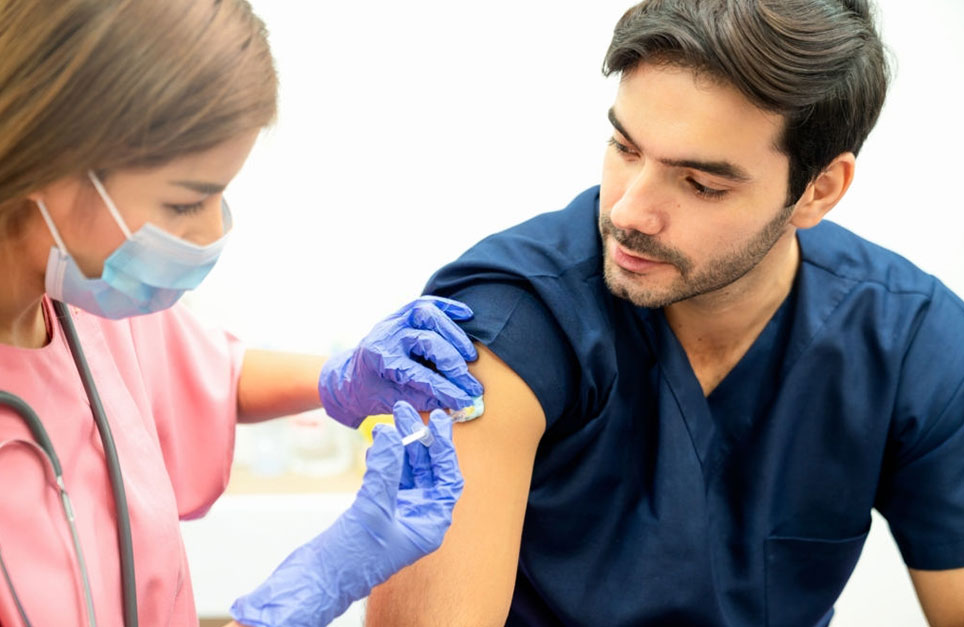According to Gardasil.com, Gardasil is the only human papillomavirus (HPV) vaccine that helps protect against 4 types of HPV. In girls and young women ages 9 to 26, it helps protect against 2 types of HPV that cause about 75% of cervical cancer cases and 2 more types that cause 90% of genital warts cases. In boys and young men ages 9 to 26, it helps protect against 90% of genital warts cases. Gardasil also helps protect girls and young women ages 9 to 26 against 70% of vaginal cancer cases and up to 50% of vulvar cancer cases.
However, they do state, “Gardasil may not fully protect everyone, nor will it protect against diseases caused by other HPV types or against diseases not caused by HPV. Gardasil does not prevent all types of cervical cancer, so it’s important for women to continue routine cervical cancer screenings. Gardasil does not treat cancer or genital warts. Gardasil is given as 3 injections over 6 months.”
There are a number of situations where Gardasil should not be taken along with a number of contraindications, precautions and warnings people should be aware of with Gardasil.
A contraindication is any condition or circumstance where the use of a specific treatment or drug is not advised because it could harm the person.
The main contraindications found with Gardasil is hypersensitivity, including severe allergic reactions to yeast (a vaccine component), or after a previous dose of Gardasil.
You should not take Gardasil if you are allergic to Gardasil or any inactive component used to make Gardasil. Your healthcare provider or pharmacist has a list of inactive ingredients.
Individuals who develop symptoms indicative of hypersensitivity after receiving a dose of Gardasil should not receive further doses of Gardasil.
There are also several warnings and precautions issued to be considered for Gardasil.
Because vaccines may develop syncope, sometimes resulting in falling with injury, observation for 15 minutes after administration is recommended. Syncope, sometimes associated with tonic-clonic movements and other seizure-like activity, has been reported following vaccination with Gardasil. When syncope is associated with tonic-clonic movements, the activity is usually transient and typically responds to restoring cerebral perfusion by maintaining a supine or Trendelenburg position.
Gardasil can interact with certain medications.
Gardasil is considered a pregnancy Category B medicine. This means that Gardasil is probably safe for use during pregnancy. However, it is not recommended to use the Gardasil vaccination during pregnancy, since the full risks of its use are not known. It is recommended to wait until after pregnancy to get the Gardasil vaccine. It is also not known whether Gardasil is excreted in human milk. Since many drugs are excreted in human milk, caution should be exercised when Gardasil is administered to a nursing woman.
The decision to administer or delay vaccination because of a current or recent febrile illness depends largely on the severity of the symptoms and their etiology. Low-grade fever itself and mild upper respiratory infection are not generally contraindications to vaccination.
Gardasil should be given with caution to individuals with thrombocytopenia or any coagulation disorder because bleeding may occur following an IM administration in these individuals.
Only a doctor or health care professional can decide if Gardasil is right for you or your child.






